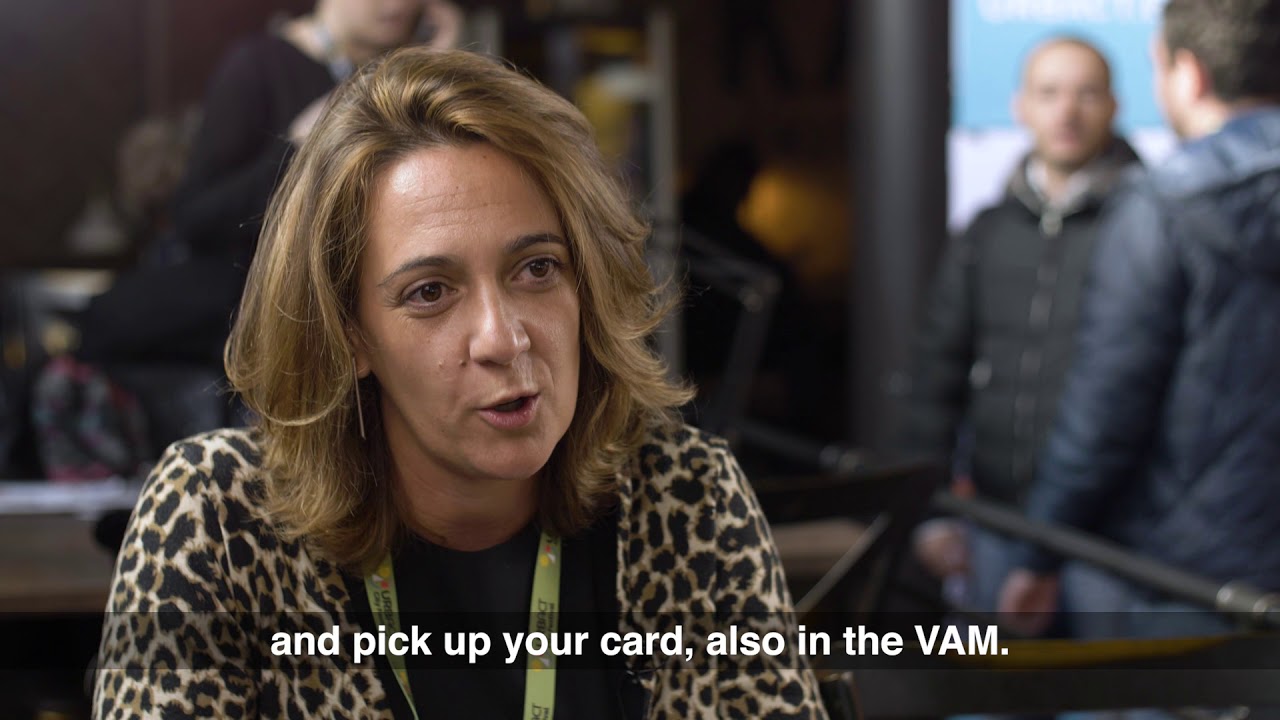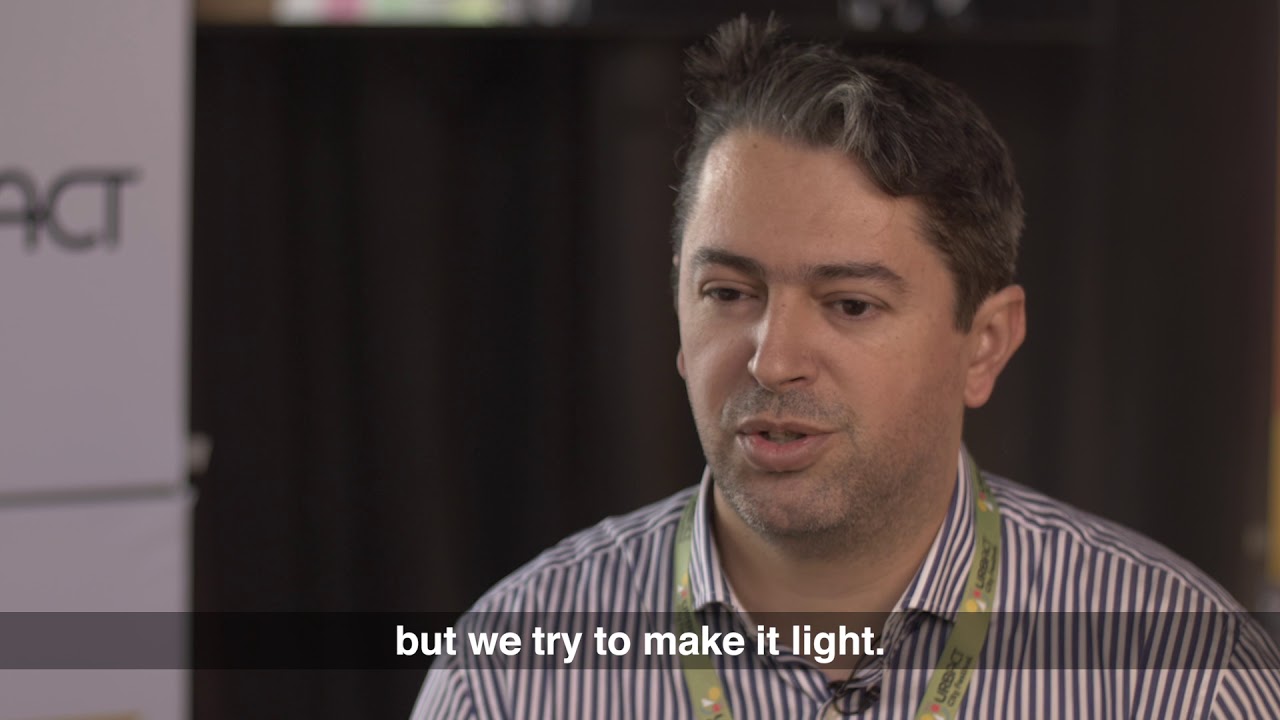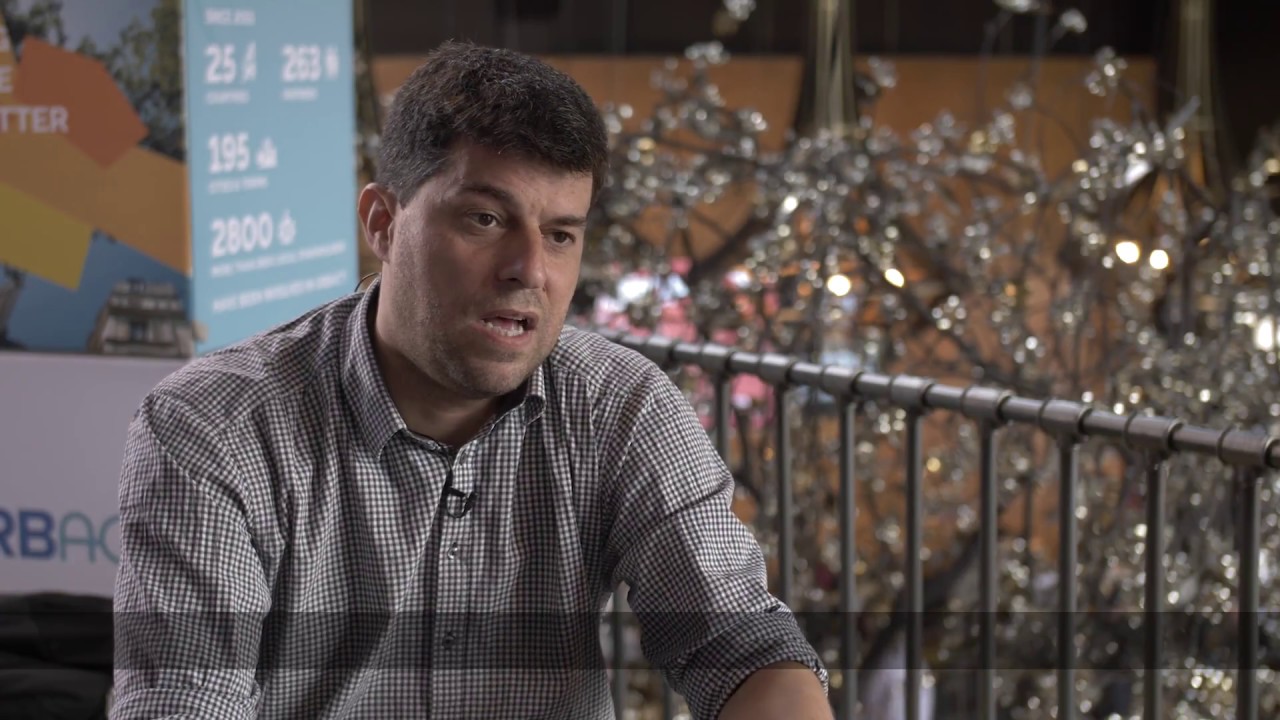3 videos 3 cities 3 Innovative Integrated Urban Solutions from Portugal
Edited on
20 June 2019Travel to Portugal and discover innovative practices and projects from Palmela, Agueda and Lisbon. Our videos introduce the Good Practices of Palmela, which provides services to isolated communities thanks to a connected van, Agueda, which aims to become a Human Smart City and provides the tools for democratic participation to all and Lisbon, which has committed to reducing poverty thanks to local economic development strategies co-designed and co-managed by its residents.
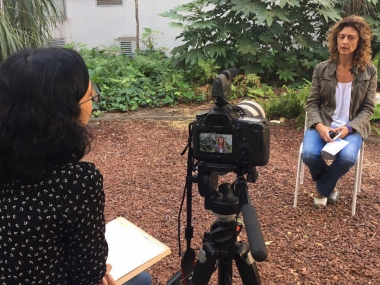
Palmela provides municipality services to isolated communities thanks to a connected van.
The Municipality attendance vehicle is a travelling van visiting villages geographically and socially isolated using information and communication technology (ICT)
The Municipality Attendance Vehicle of Palmela is designed for citizens who live far from the central public services of the city, or for inhabitants who are socially and economically isolated. The vehicle is a living lab which provides all local public services, and several national ones in a technological way. Its schedule allows citizens from the most rural areas to easily access all the services provided by the municipality. With 32 bus stops, it is the first travelling citizen store in Portugal. This initiative shows how a city can combine an approach both human and connected.
“I think it’s the best way to reach people, because some of the population is really apart”, explains Ana Cruz, the responsible for the digital services at the Municipality of Palmela. “we have a vast territory and those people do not have the means, the networks, the public transports to access central services”
“We have all types of services, for example you can pay for your water, you can make a water contract, you candela with the education services, you can make any kind of requests to the municipality” “you can make an appointment with your doctor”
The city agreed on a protocol with the modernization agency of the central state, which recognized it as a good project.
“Nowadays, we provide not only services from the municipality, but also services from the central state, for example you can make your ID card (…) and two weeks later you can go and pick it up from the van”
Agueda a “Human Smart City” committed to an open democracy for all
Taking into consideration the diversity of its citizens and the diferent social and ethinical minorities on its territory, Agueda developed a participative budget process. It amounts to 500 000 € of the Agueda's yearly public spending. Luis Martins, who works from the municipality explains “ we want to improve citizenship, public involvement”
“we have a very technological approach but we are trying to make it light, people can vote from 16 years on”
Lisbon works with a bottom-up approach to spread wealth among all its citizens
The Lisbon Local Development Strategy for Priority Intervention areas provides the city with a range of integrated toolbox based on a co-governance process. It organises and brings together a bottom-up participatory perspective that ensures a horizontal and collaborative local approach, to decrease and mitigate social, economic, environmental and urban exclusion and enhance social territorial cohesion.
“This strategy has been developed and tested for the last 8-10 years to address the inequality of living (…), poverty within the city of Lisbon”
Riu Franco, City Councillor in the City of Lisbon explains that it is important to “understand that it is way more efficient to do it with the community”
Lisbon’s strategy consists of 4 steps:
“the first step was to change the Lisbon Masterplan, to include a social approach, to (direct) the priority of investment, public and private, to the most deprive areas of the city”,
The second step was to “create a programme that funds partnership projects by the community to address the causes of poverty”, with a relatively small amount of money, up to 50000 euros per project.”
“we have funded several hundreds of projects, with a huge result, on creating employment" says Rui Franco. "The success is above all how we mature and empower local organization and how we allow them to work together and to design solutions together”
The third step was that “instead of managing projects alone, we create co-governance structures (…) we draft a local development plan together, to design and manage the implementation of bigger projects”
The fourth and more recent step is that “under the European Union Community-led Local Development program, we created an organization in Lisbon, a federation of all these organisations that have been maturing in the previous steps, which is now responsible for managing directly, not only the city wide strategy for local development but is responsible to manage directly the EU funding (ERDF and ESF) to fund projects that address the causes of deprivation”
“In the end the goal is to make a more equal and even city”
URBACT City Festival 2018 takes place in Lisbon, city practitioners from all over Europe will travel to the city to exchange and learn tried-and-tested urban solutions from other European Cities. It will also be a great occasion to familiarize with the good ideas and practices developed in Portugal and throughout Europe.
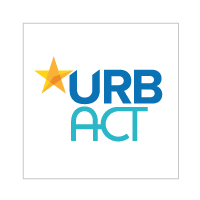 Submitted by URBACT on
Submitted by URBACT on

